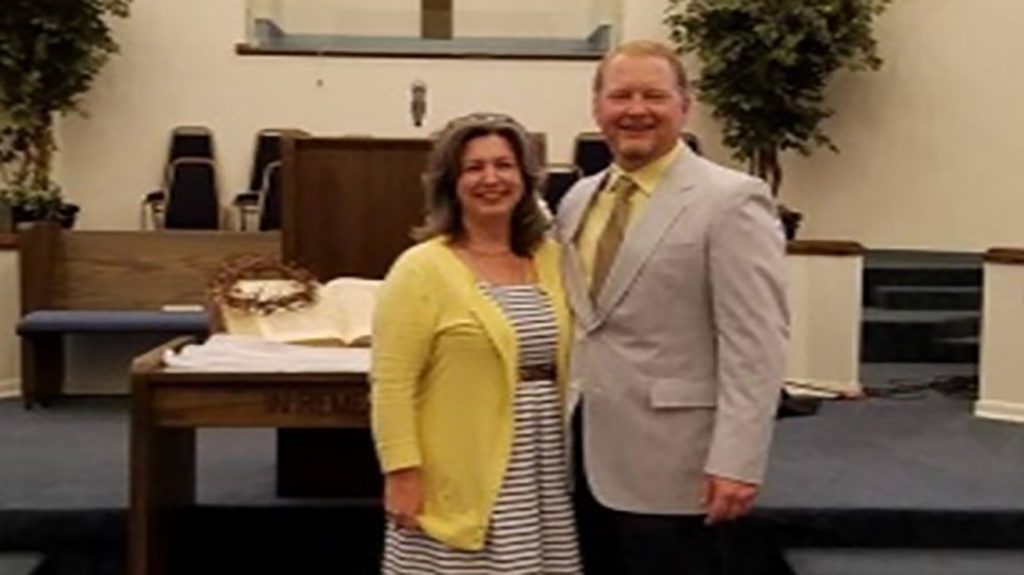While Baptists debate the idea of reforming Alabama’s tax system, one group of Methodists has already taken an official stand.
Meeting June 4-7 in Birmingham, the North Alabama Conference of the United Methodist Church adopted a resolution calling for tax reform, labeling the current structure as inequitable in how it deals with the poor.
“The state of Alabama should provide a level playing field to insure that Alabama’s poorest families are not adversely affected by an unjust tax system,” the conference’s committee on church and society said in its report.
The report, which also called for a moratorium on the death penalty, challenged United Methodists “to be in ministry and solidarity with the poor and dispossessed.”
Lyn Douglas, chairperson of the Methodist conference’s church and society committee, said the resolution was met with an enthusiastic response.
“There were very few people who did not support it,” she said. “There was an overwhelming vote for it.”
Describing the board of social concerns as the “conscience” of the conference, Douglas said it is involved in addressing issues affecting the community. She said the conference introduced the resolution because and “unfair playing field” existed in regard to Alabama’s tax system.
While Methodists are ahead of Baptists in taking a stand, Baptist leaders said there are strong commands on standing against an injustice like Alabama’s inequitable tax system. Wayne Flynt, an Auburn University historian and member of First Baptist Church, Auburn, said justice for the poor is the second most frequently addressed matter in the Old Testament, following idolatry.
Flynt said the New Testament also addresses providing for the poor in Matthew 25 when it talks of feeding the hungry.
“I don’t understand how we could miss the logic of that,” Flynt said.
Despite the need, he doesn’t expect to see tax reform become a reality anytime soon. That scenario is one Flynt said baffles him.
“I find it difficult to understand how Alabama can be considered one of the most religious states and the most opposed to tax reform,” Flynt said.
Douglas said the call to help others prompted Methodists to take a position.
We are called by God to do two things,” she said “to love God and to love our neighbors.”
“We cannot be people of faith and ignore our neighbors,” Douglas added. “We should be involved in improving the quality of life for everyone.”
The call for tax reform is not limited to Methodists or Baptists. In an opinion titled “Statement on a Fair Tax Policy,” dated Jan. 10, 1992, eight Catholic bishops in Florida reasserted their belief the “basic moral principles that all member s of society have a special obligation to the poor and the vulnerable.”
Calling for solutions to a fiscal crisis facing Florida, the bishops said a need existed for the development of “a fair and just tax policy in Florida.”
The bishops recommended that:
*The tax burden be based on the ability to pay and that social justice be on the basis of tax policy.
*Inequities in the state’s existing taxation be addressed.
*Taxing and spending policies be fair and known to the citizenry a fair.
*Food, housing and other basic necessities be exempt from taxation to as great an extent as possible.





Share with others: